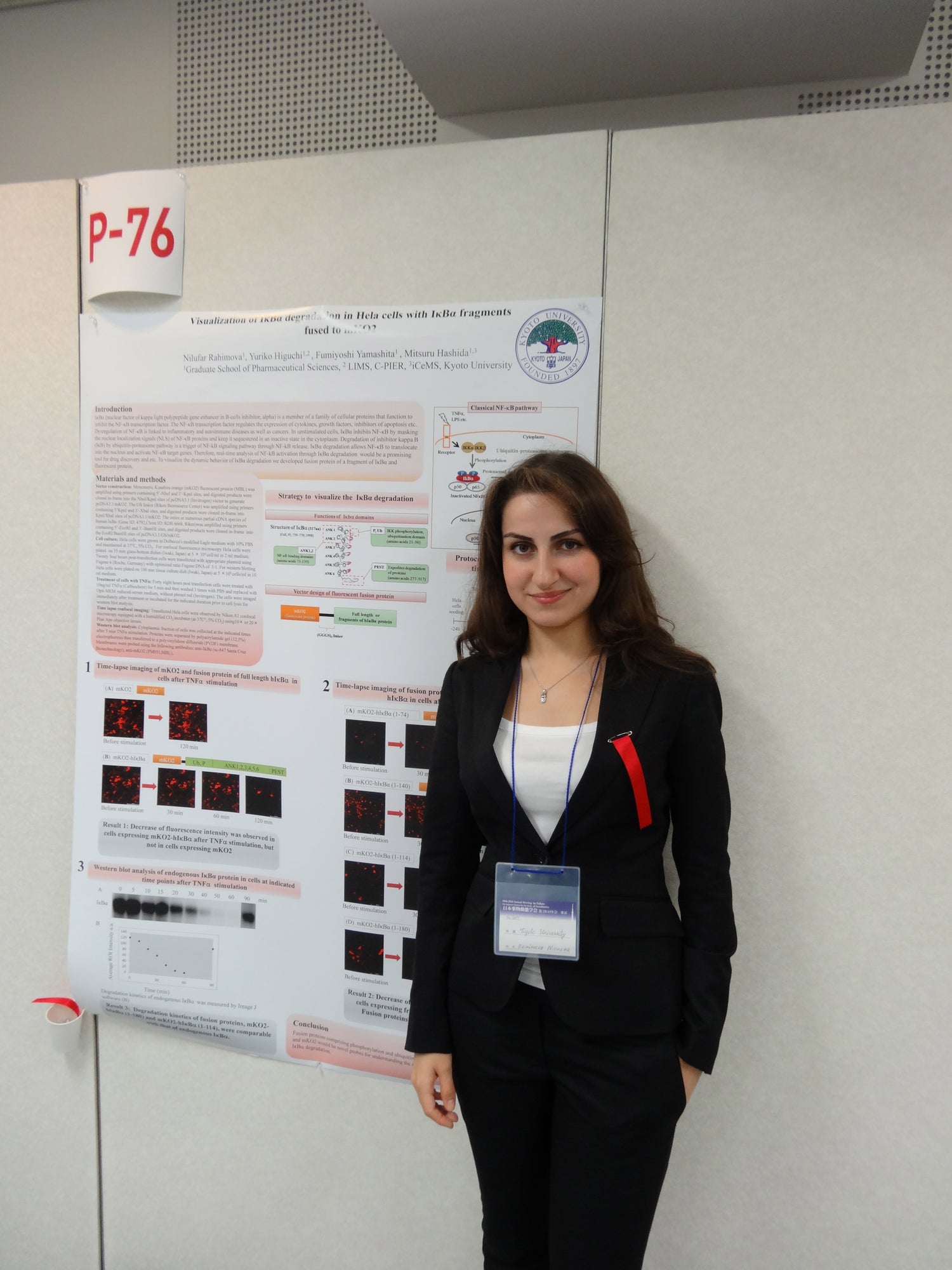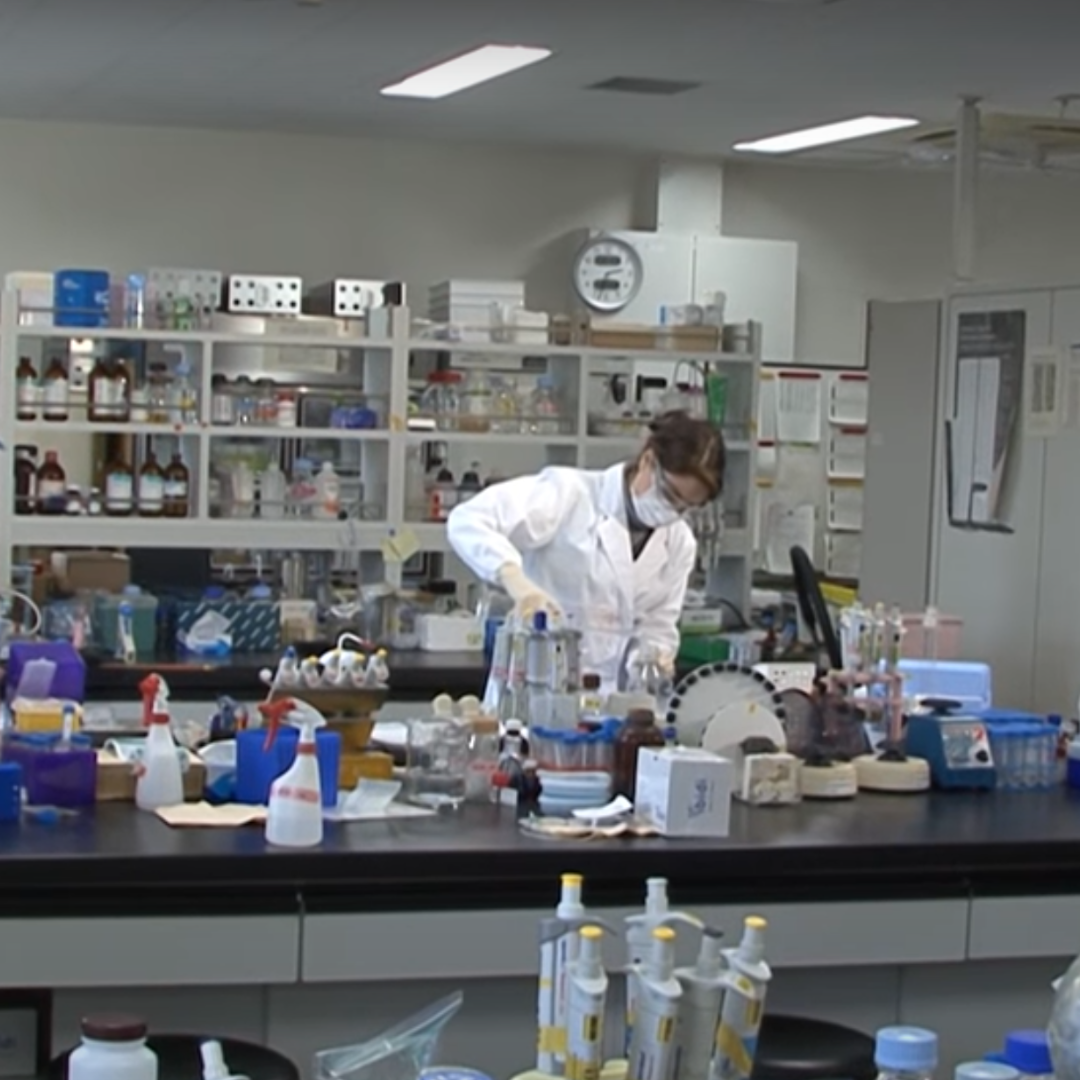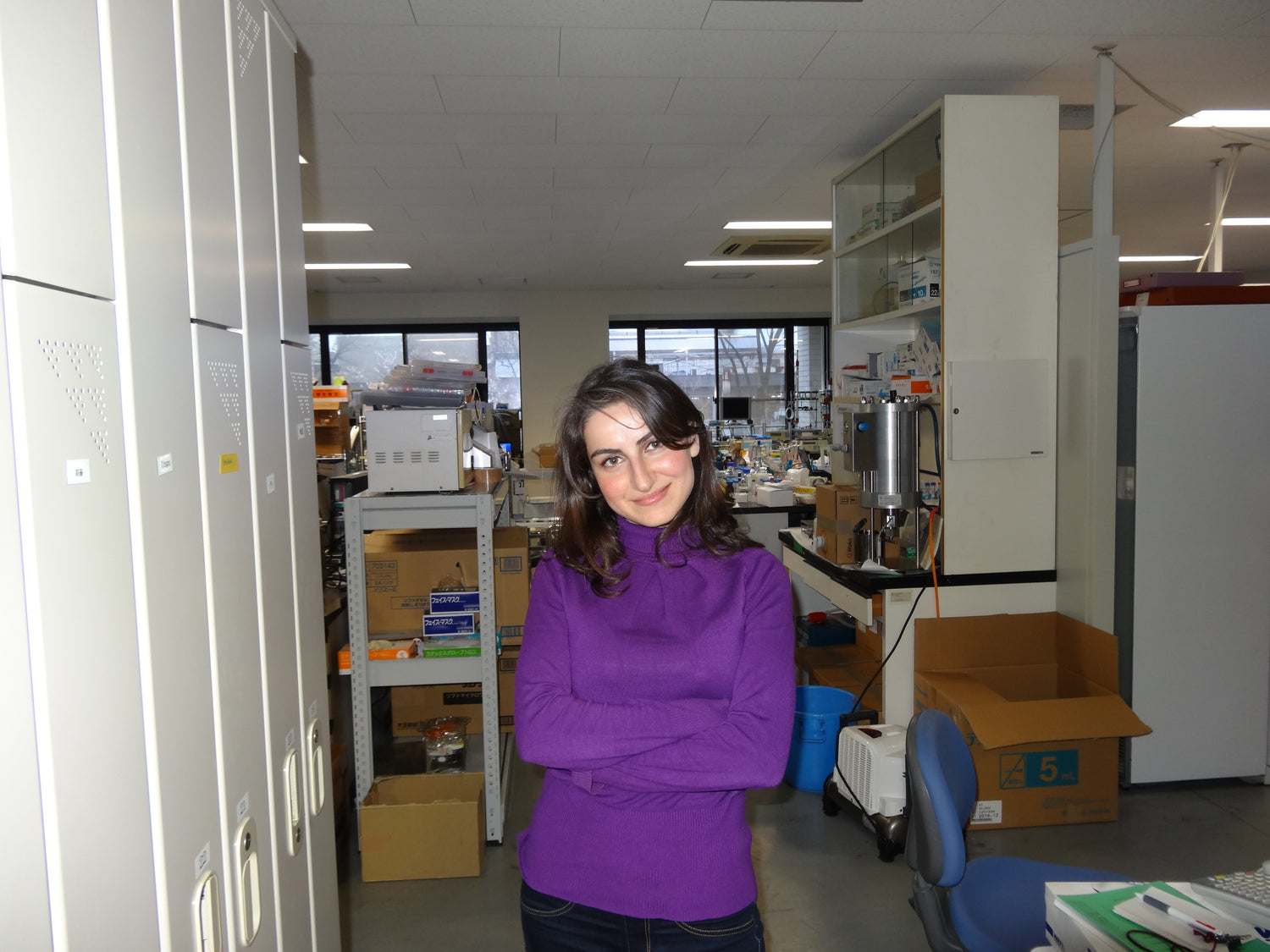Our Mission
-
Pharmaceutical Science Expertise
Each product is crafted with a research-driven approach, rooted in our founder's PhD in Pharmaceutical Sciences and 12+ years of biomedical research. Every formulation is designed with the same rigor as a therapeutic treatment. Every formula is developed using the latest advancements in cosmetic science.
-
Clinically Proven Cosmeceuticals
We only use high-performance cosmeceuticals at their top clinically tested concentrations — no diluted or “label claim” actives. This ensures visible, measurable results for age-defying skin concerns like, hyperpigmentation, skin sagging, and barrier repair.
-
Clean, Non-Toxic, and Sensitive-Skin Friendly
Free from any ingredients that may affect hormonal balance. NILCEUTICA formulas are meticulously crafted without known hormone disruptors, fillers, artificial fragrances, or toxins. Each formulation is dermatologically considerate, gentle on sensitive skin, and designed for long-term balance and safety.

Meet the Founder
Nilufar Rahimova, MPharm, PhD
Pharmaceutical Scientist • Skincare Formulator • Founder of NILCEUTICA
Azerbaijan Medical University (Baku, Azerbaijan)
Master and Doctor of Pharmaceutical Sciences (Graduate School of Pharmaceutical Sciences, Kyoto University, Kyoto, Japan)
Postdoctoral Training, Departments of Pharmacology and Rheumatology, Perelman School of Medicine, University of Pennsylvania, Philadelphia, PA, United States.

Why I Started NILCEUTICA
People often ask me: “How did you start making your own skincare, and why?”
The answer begins in 2012, when I was a master’s student at Kyoto University. Kyoto winters are unforgiving, icy winds, bone-deep cold, and air so dry it left my skin cracked and bleeding. My sister used to joke that my skin was “as dry as a newspaper.”
At 22, I decided it was time for a serious moisturizer. I tried everything—from iconic Japanese skincare to luxury Western brands like La Mer. But nothing worked. Some irritated my skin, others left me dull, and most felt like water that disappeared the moment it touched my face.
So, I turned to what I knew best: science and research. As a trained pharmacist, I began experimenting with organic oils, hydrosols, and butters. After weeks of study and trial, I created my first face cream. The results shocked me—it worked better than anything I had bought, and I wondered: Why can’t major skincare companies, with entire teams of scientists, create something this effective?
That was the beginning. Skincare became my passion, my obsession, and ultimately, my purpose.

From Hobby to NILCEUTICA
Over the next 12 years, I kept improving my formulas for myself, family, and friends. Every product was born out of a real need: my own dry, sensitive skin; a colleague’s acne-prone skin; friends struggling with irritation or hyperpigmentation.
With over a decade of biomedical research at Ivy League institutions, I applied the same rigor to NILCEUTICA that I did in the lab. Our formulations use:
Growth factors, phyto-retinols, and stabilized botanical extracts
Multi-lamellar emulsions that mimic the skin’s natural lipid barrier for better absorption
Clinically tested concentrations of high-performance cosmeceuticals

Our Promise
At NILCEUTICA, we make every batch in-house, in small quantities, to guarantee freshness, quality, and integrity. These are products I use myself, and share with the people I love, which means no compromises on ingredients, results, or safety.
NILCEUTICA is more than skincare. It’s the culmination of my lifelong obsession, built to raise the standard for what your skin deserves: science-backed, results-driven, and a pleasure to use.
"At NILCEUTICA, we formulate as if every product were for ourselves and our loved ones - because that's how it began, and how it will always be."
Clean and Safe Skincare Standards:
- Free from polymers and fillers — every ingredient serves a purpose.
- Formulated without ingredients linked to hormone disruption.
- High organic ingredient content with verified purity and efficacy.
- Made with Ecocert/COSMOS-approved ingredients.
- No hidden or undisclosed fragrances.
- Free from synthetic or artificial fragrances.
- Dermatologically considerate — gentle and safe for sensitive skin.
- Committed to sustainable and responsible formulation practices.
- Always cruelty-free.
What guides every NILCEUTICA formulation?
1. Pharmaceutical Science Expertise
Each product is crafted with a research-driven approach, rooted in my PhD in Pharmaceutical Sciences and 12+ years of biomedical research. Every formulation is designed with the same rigor as a therapeutic treatment.
2. Clinically Proven Cosmeceuticals
We only use high-performance cosmeceuticals at their top clinically tested concentrations — no diluted or “label claim” actives. This ensures visible, measurable results for age-defying concerns like, hyperpigmentation, skin sagging, and barrier repair.
3. Certified Organic Botanicals
Potent botanicals are selected for purity, safety, and synergy with cosmeceuticals. All plant extracts and oils are certified organic and standardized for consistent efficacy.
4. Clean, Non-Toxic, and Sensitive-Skin Friendly
NILCEUTICA products are free of hormone disruptors, fillers, artificial fragrances, polymers and toxins. Formulations are dermatologically considerate, safe for sensitive skin, and balanced for long-term use.
5. Luxurious Sensorial Rituals
We believe that efficacy alone is not enough. Textures are crafted to feel indulgent and scents are designed to uplift, ensuring consistency and making skincare a ritual people look forward to — a key to habit formation and long-term results.

